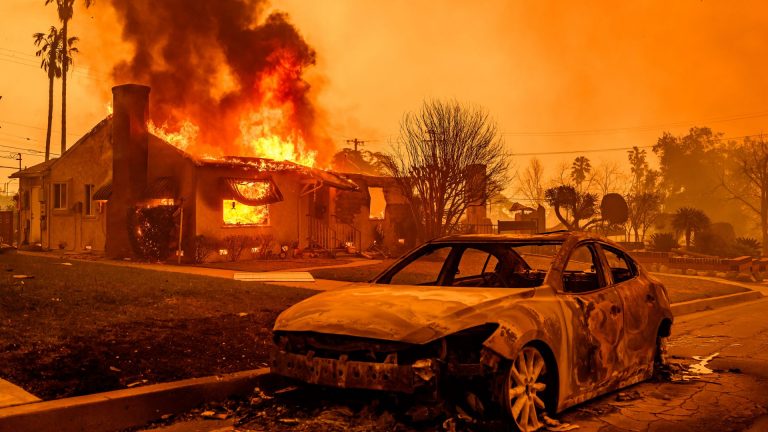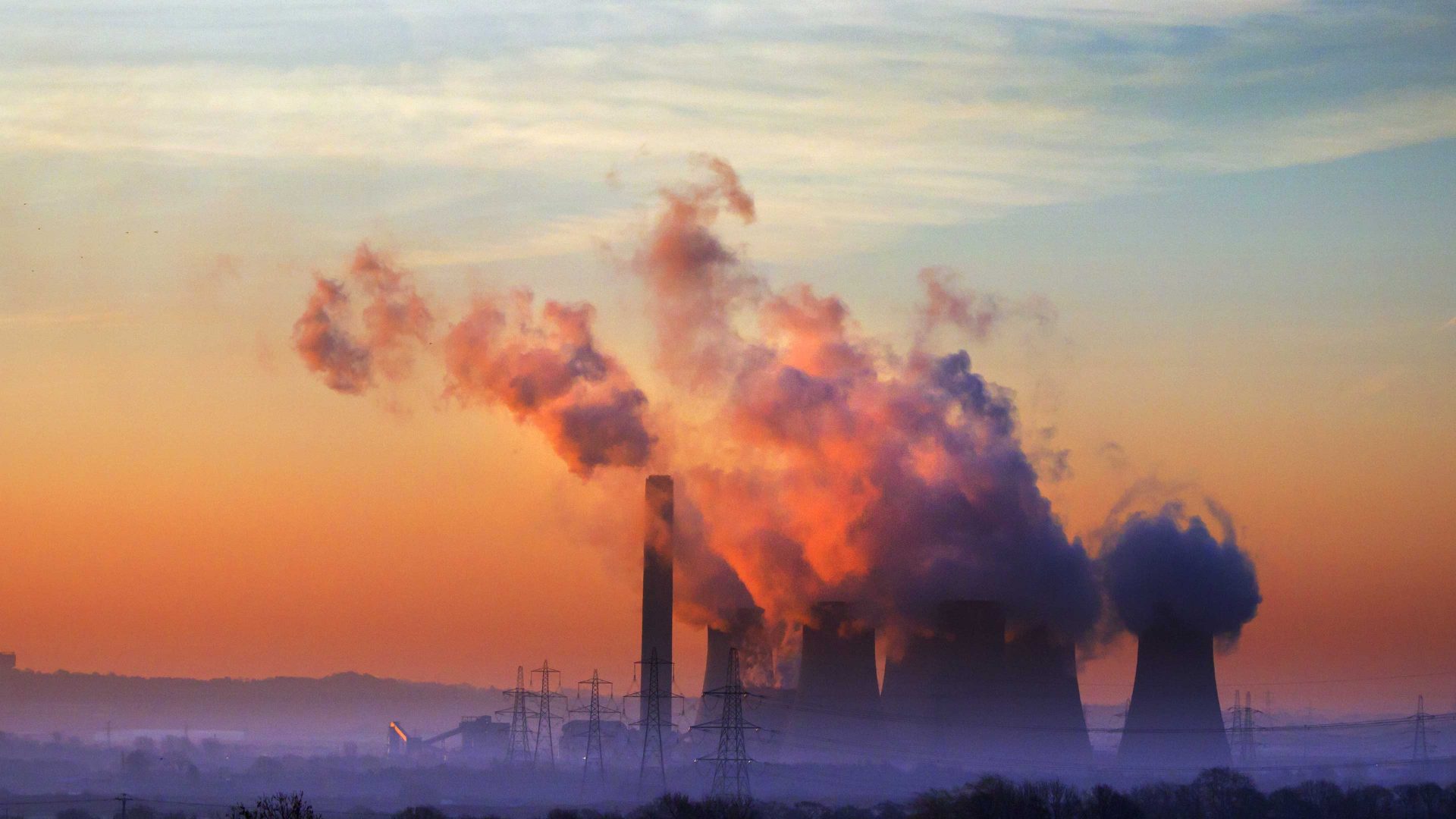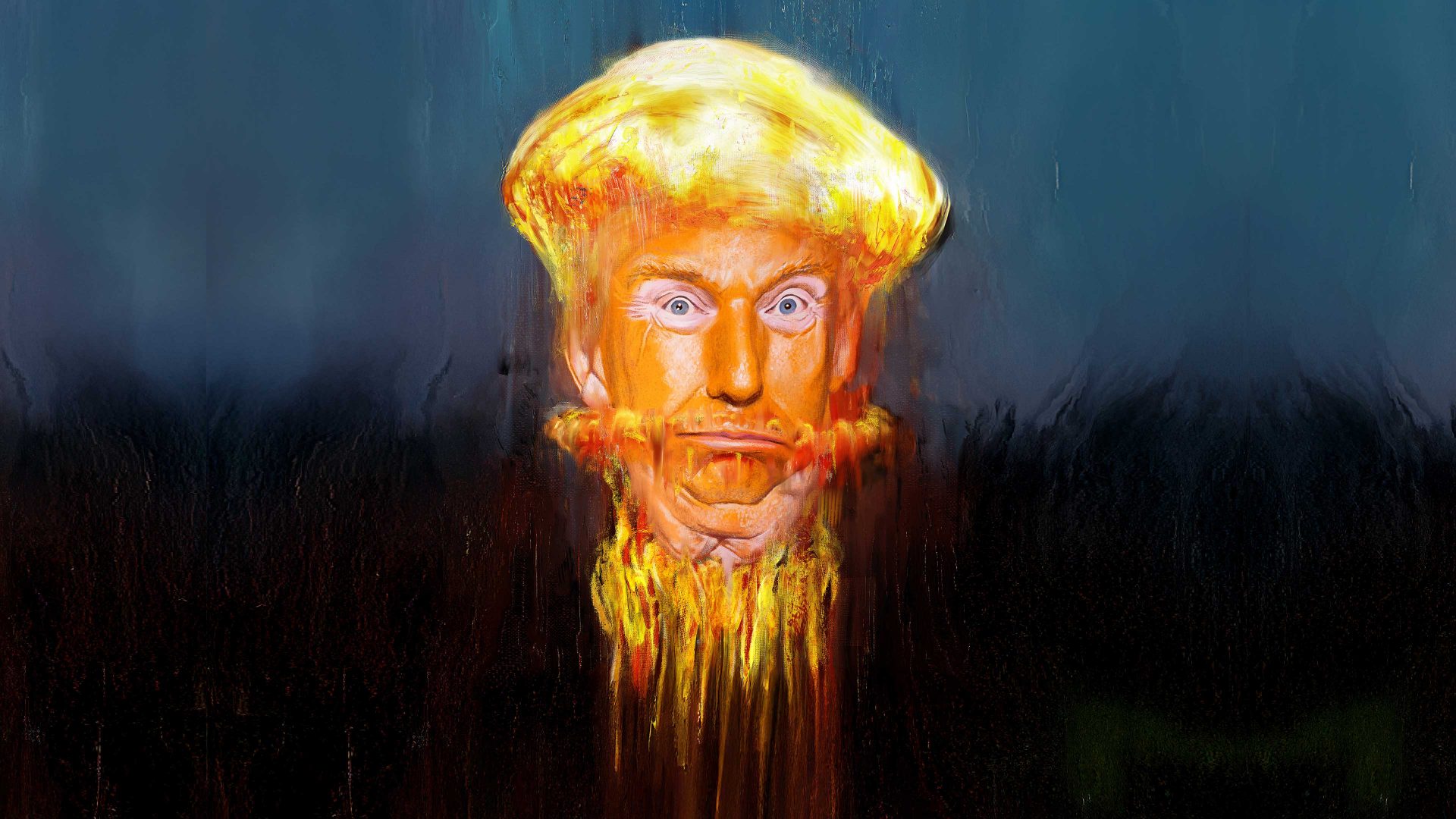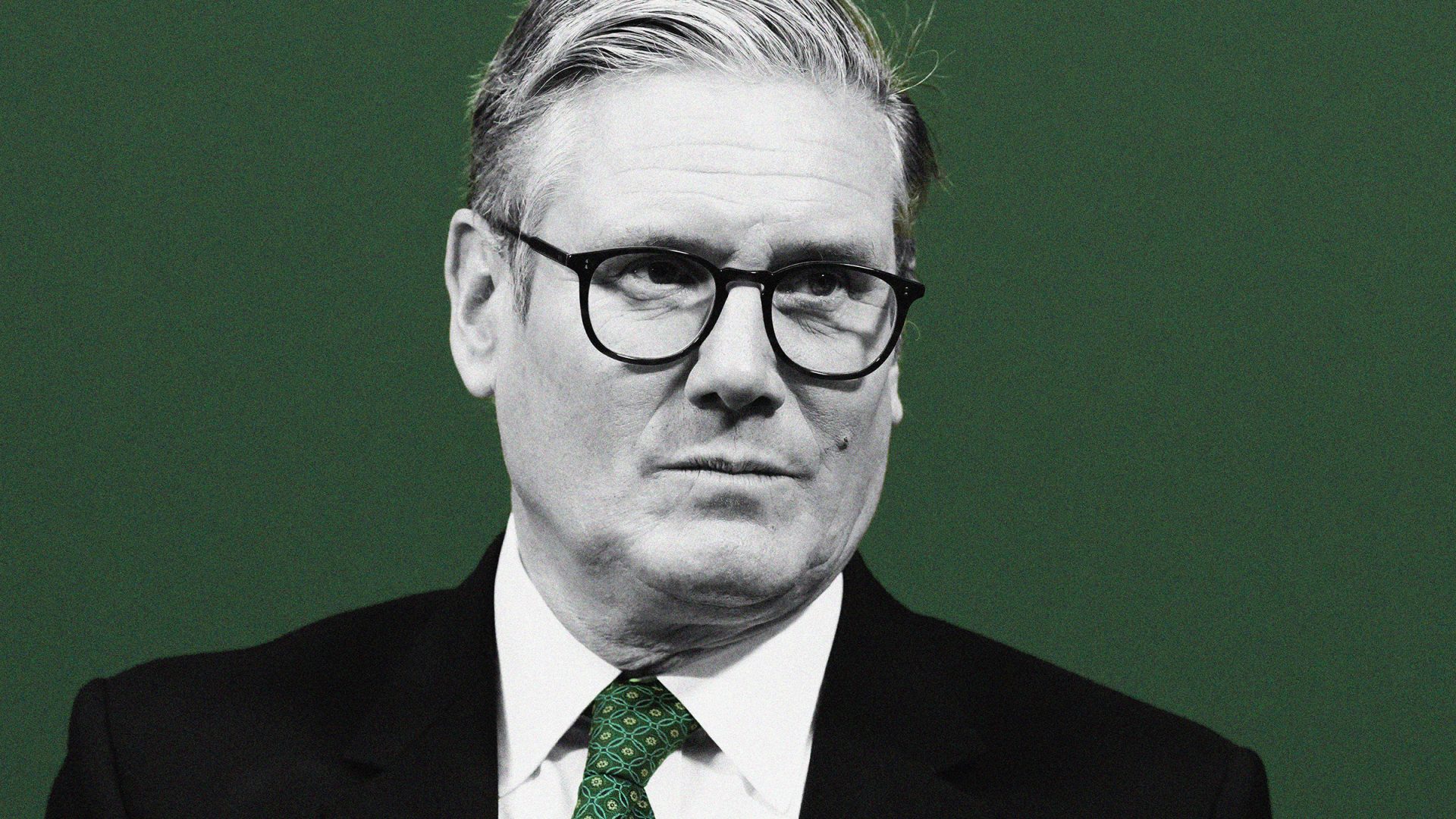Air pollution depletes the ozone layer and contributes to the climate crisis. We know that. But it’s easy to neglect the very significant impact air pollution is having on public health.
A recent report by the Royal College of Physicians suggests it is implicated in around 30,000 deaths in the UK each year. This is a much more serious problem than was previously thought. According to the report, 99% of the UK population is breathing polluted air, and this contributes to a wide range of health problems, including asthma, some cancers, heart disease, and even dementia.
Much of this pollution is avoidable. It comes from industrial emissions, extensive vehicle use, and solid fuel burning, and is exacerbated by inadequate regulation, unreliable and expensive public transport, poor ventilation, and bad urban planning. Greener alternatives have made some impact, but electric and hybrid cars, buses, and vans still generate pollutants from tyre, brake, and surface emissions.
Worse still, the detrimental effects of air pollution disproportionately harm the poor, who often have no choice but to live in urban areas near industrial plants and busy roads, or in housing with inadequate ventilation, damp, and mould.
What is to be done? At a political level, we need better research and tighter controls over the worst offenders. Education is also important.
Until recently, for example, open fires and wood-burning stoves were seen as chic lifestyle choices. But now we know how dangerous these forms of heating can be, they should come with a health warning. They release toxic cancer-causing particles. Smoke curling from a chimney should be seen as a health hazard, not a quaint relic from a bygone age.
Other changes to the way we live will be important, too. But here’s a problem. In a world in which we can each make good individual choices that benefit public wellbeing, there are likely to be many free-riders.
I can choose to cycle or use public transport rather than a car. I might do this because I recognise that it would reduce my contribution to air pollution and thereby benefit others. Cumulatively, a lot of people making similar choices would improve air quality. But my neighbour could still find it more convenient to drive his gas-guzzling SUV to work.
Suggested Reading


Climate change will burn the insurance markets
The more that civic-minded individuals take their cars off the road, the easier my neighbour’s drive to work becomes. He benefits from the increased air quality of lower car use, too, but doesn’t want to change his own behaviour. In fact, he sees it as a rational choice to make, given that his individual contribution to air pollution is minuscule, and his life much more pleasant as a result of his car use. He happily reaps the benefits of better air quality, but doesn’t see why he should contribute to the cost by sacrificing his own lifestyle.
If challenged, he might even back his choice up with some philosophy. He might take the view that humans are basically selfish (a view he learned from Thomas Hobbes and Ayn Rand) and that he is simply acting according to human nature while others around him are kidding themselves that they have deep social obligations to one another, when in fact all they’re doing is virtue-signalling. He might tell me that it’s his right to drive a big car to work. That’s what living in a free society means, he’ll tell me, having the freedom to make decisions like that.
At a political level, we can avoid some of the problems of free-riders by coercive means: introducing chargeable congestion zones, putting high taxes on vehicles, or even banning some kinds of cars from our cities. But this will be felt as a loss of individual freedom by some, even though the justification is that there are significant benefits for all.
Another approach that avoids coercion is nudge. This would mean making better social choices easier to make. Rather than forbidding my neighbour from driving his car, we’d need to make the socially better alternatives so attractive to him that he’d choose them for himself and freely abandon his SUV.
Having met some unashamed free-rider car drivers, though, I suspect that even providing free and efficient public transport wouldn’t get them to abandon their car habits. If we’re serious about reducing pollution, some coercion will be needed. That will take political willpower to implement. And there will be a backlash. But now we know its extent, the human cost of air pollution is too high to ignore.




